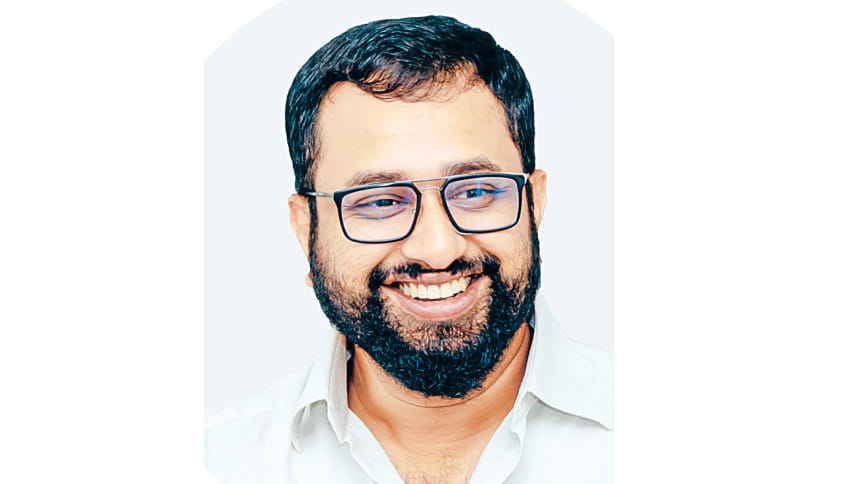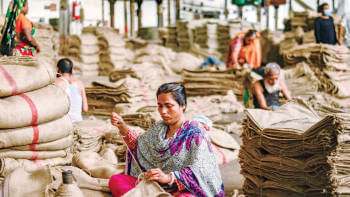Chasing what matters

In Bangladesh, ambition is never in short supply. Our people are naturally enterprising. We have all seen small ventures grow into respectable businesses, sometimes with nothing more than a smartphone, determination and a good idea. But we also tend to follow trends too quickly. The moment one e-commerce or f-commerce business takes off, many others rush in. If a delivery app gains traction, a dozen more appear. If a ride-sharing company makes it big, suddenly everyone wants a share of the same market.
This is why we need a clear, thoughtful definition of what a startup means in our country. Not every new business is a startup. A true startup solves a real problem, brings innovation and has the potential to grow beyond small circles. Without that distinction, we risk wasting energy and resources on ideas that do not push us forward, while truly transformative ventures get lost in the noise.
To see why this matters, it helps to look at how industries have shaped history. In the late 1800s and early 1900s, steel built cities, railways and the framework of modern civilisation. From the 1920s to the 1950s, the automobile industry transformed how we lived and moved. From the 1970s onwards, banking and finance became dominant, as deregulation made global money movement faster and more complex. At the same time, oil and gas companies rose to power, shaping the global economy through energy supply and consumption.
Then came the digital age. In the 1990s, the internet changed the way we did business. After the dot-com crash of 2000, a few survivors reshaped the world. From the early 2000s to today, tech and e-commerce have led the way. Amazon, Google and Facebook began as ideas and became global platforms used by billions.
But the focus is shifting again, this time to something more urgent. Today, the world's most meaningful startups are tackling issues around sustainability, climate change and environmental resilience. Recycling, renewable energy, water conservation, green construction and sustainable agriculture are no longer buzzwords but global priorities. Investors, policymakers and forward-thinking nations are paying attention.
So, where does Bangladesh stand? For now, we are lagging behind. We continue to chase models that worked years ago in other markets, trying to replicate them without asking if they still make sense. A few young innovators are working on green solutions, from recycling plastic waste to building solar-powered systems, but they often work in isolation. They struggle to find funding, rarely make headlines and receive little support.
We cannot afford to ignore these sectors. If we want to secure our future, we need to back startups that are working to protect it. That starts with defining what a startup is, so the right ones can be nurtured. We need to actively identify ventures in climate-friendly industries and design policies that help them grow. Just as importantly, we must make it easier to start and scale such businesses.
At present, the barriers are too high. From licensing and compliance to funding and mentorship, every step is a hurdle. If we want real innovation, we need to clear space for it.
Bangladesh is home to nearly one in every 40 people in the world, yet our livable land is limited and shrinking. The pressure on our economy and environment is already intense. Other nations with similar GDPs are moving ahead through innovation. We are still debating definitions.
We do not need another copy of what already exists. We need bold ideas, rooted in our reality, that address today's problems and those to come. It is time to stop chasing what is popular and start building what is essential.
If we get this right, we will not only create successful businesses but also secure a better future.
The writer is co-founder and CEO of Accfintax

 For all latest news, follow The Daily Star's Google News channel.
For all latest news, follow The Daily Star's Google News channel. 



Comments